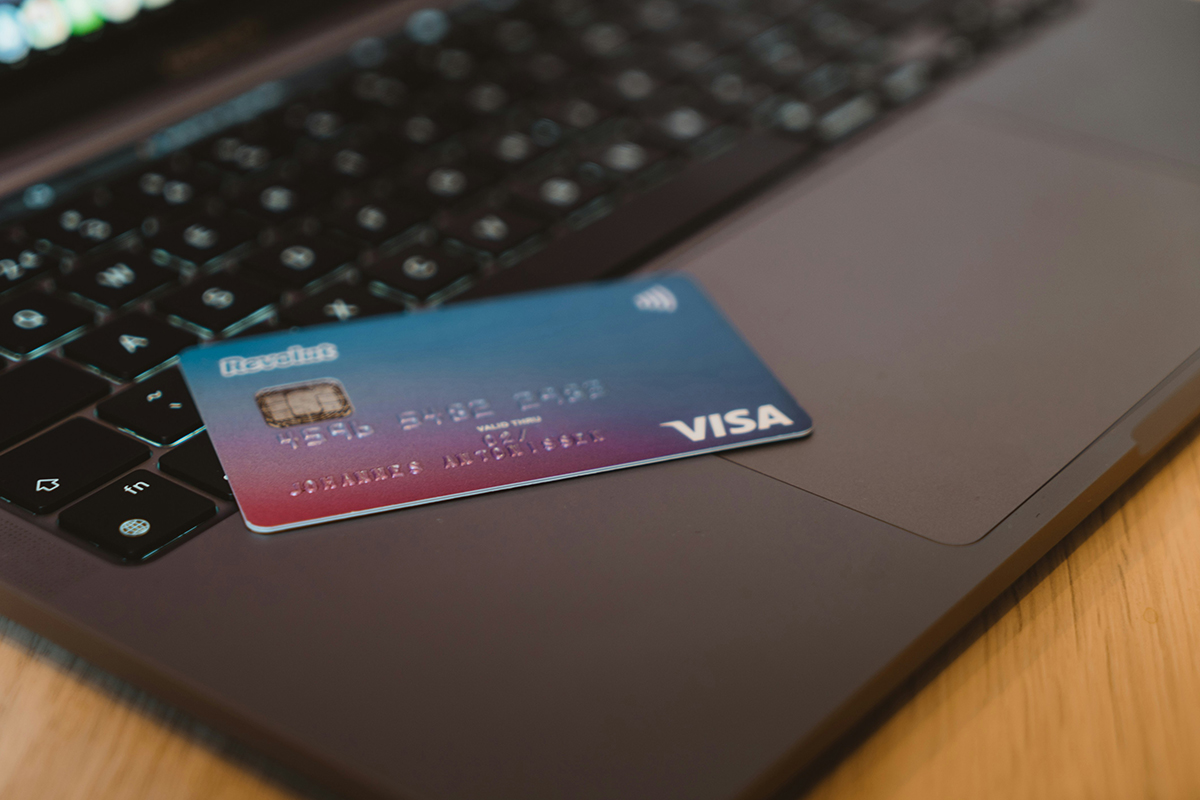Building Credit and Managing Finances in the U.S.: A Guide for Immigrants
Financial stability is a key part of successful integration into life in the United States. For many immigrants, understanding how money, credit, and the banking system work in the U.S. can be confusing at first. However, learning the basics of financial management and credit building can make a significant difference in achieving long-term goals such as renting a home, buying a car, or starting a business. This article offers a practical guide to managing personal finances, building good credit, and navigating the financial landscape in your new country.
1. Open a Bank Account
Opening a checking and savings account is the first step in managing your money securely. Many banks and credit unions allow immigrants to open accounts using identification such as a passport, consular ID, or Individual Taxpayer Identification Number (ITIN). A checking account helps you pay bills and make purchases, while a savings account helps you store money for future needs. Avoid using cash only, as having a bank account helps you build financial history.
2. Understand Credit and Why It Matters
In the U.S., your credit score is a number that shows how trustworthy you are with borrowing and repaying money. It affects your ability to rent an apartment, get a loan, or even apply for certain jobs. Credit scores range from 300 to 850—the higher, the better. To build credit, you need to show that you can borrow and repay responsibly. This begins with using a credit product like a secured credit card.
3. Start with a Secured Credit Card
A secured credit card is a good starting point for immigrants. You deposit money as collateral, and the bank gives you a card with a matching credit limit. Use the card for small purchases and pay the full balance on time each month. This shows lenders that you are reliable, which helps your credit score grow. After a few months, you may qualify for a regular (unsecured) credit card.
4. Pay Bills on Time
Timely payment of bills—credit cards, rent, utilities, phone—is one of the most important factors in building good credit. Set reminders or automatic payments to avoid missing due dates. Even one late payment can negatively impact your credit score. Paying on time also avoids late fees and shows financial responsibility.
5. Budget Your Money
Creating a monthly budget helps you track your income and expenses. List your fixed costs (rent, bills) and variable costs (food, transport, clothing). Try to set aside a portion of your income for savings. Budgeting prevents overspending and helps you plan for emergencies. Free budgeting apps like Mint or EveryDollar can assist you.
6. Avoid High-Interest Debt and Scams
Be cautious with payday loans, check-cashing services, and store credit cards, which often charge very high interest. Also, beware of scams targeting immigrants—never share your personal information with untrusted sources. If something sounds too good to be true, it probably is. Use only legitimate financial institutions and ask questions when unsure.
7. Learn About U.S. Taxes
Most people in the U.S. are required to file taxes every year. Immigrants can use an ITIN if they don’t qualify for a Social Security Number. Filing taxes can show financial responsibility and is often required to qualify for future immigration benefits. Community organizations and IRS-certified tax preparers offer free help through programs like VITA (Volunteer Income Tax Assistance).
Conclusion
Learning to manage money and build credit takes time, but it is one of the most empowering steps for immigrants in the U.S. With the right knowledge and habits, you can avoid financial problems, achieve your goals, and create a secure future for your family. Financial independence starts with simple steps—and every step you take brings you closer to success in your new life.




